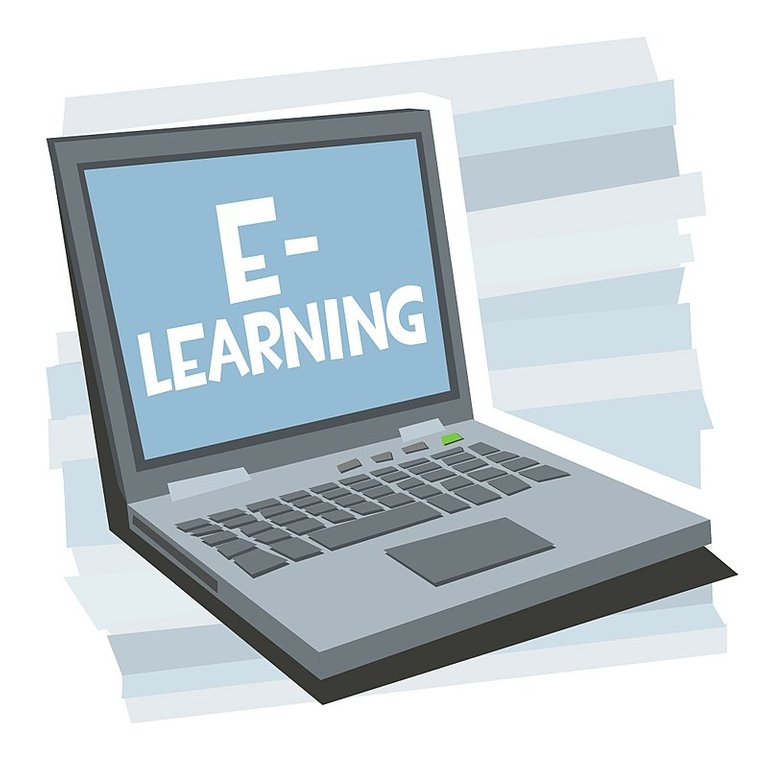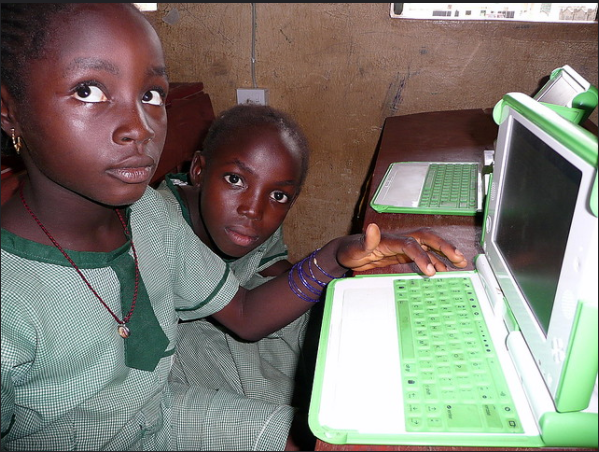As a result of the coronavirus pandemic, e-learning is now what most school bodies resort to for any form of learning. And as such, making the term used by more and more people every day. E-learning involves the use of video and audio applications to create lessons and classes that can be accessed by students on the internet either in a live session or pre-recorded versions. Two of the most used applications for e-learning are zoom and Google classroom.
Physical learning is basically in-the-school learning. This is the more common way of teaching and what everyone is generally used to before the pandemic. It takes place within the four walls of a classroom and with a teacher physically present. Both of these learning methods have their pros and cons. However, in Nigeria, due to dire economic conditions and a very high poverty percentage, physical learning is adjudged to be the best for the status quo. Below are some of the argument in favour of the assertion.
Most parents cannot afford e-learning tools
In Nigeria, roughly 40.1% of the population lives in abject poverty. As a result of this, it is unlikely for an average parent to afford the tools required for e-learning. These tools include but are limited to a good internet supply and a smart device. Parents who cannot afford a smart device for themselves cannot be expected to provide one each for multiple children.

This means that if the children's school organizes online classes, these children will not attend. However, if the children are enrolled in a public school, they only need to be there physically. This shows that e-learning is not effective in Nigeria where a large fraction of the population cannot afford it. This is why physical learning is a better and more feasible option.
Inadequate training for teachers
Most Nigerian public school teachers when evaluated are not even fit to teach the pupils in their classrooms for a great many reasons. Many of these teachers do not understand the syllabus they have been asked to teach to students. This has not been taken up by the government even with the downright unacceptable scores that public school students get in external exams.
It is, therefore, unintelligent to expect a teacher who is not skilled enough in a classroom to teach students virtually. Unless the focus of e-learning is on private school students, it simply cannot work in Nigeria as of now. Most teachers are not computer literate as they have not been trained.
This means that the applications used for teaching virtually will be foreign to them. As such, at the end of the day, the majority of teachers will be unable to hold online lessons.
Lack of supervision
Most parents in Nigeria are too busy trying to make ends meet and are also unable to afford babysitters. Unless children are at school, a lot of them are usually left under little to no supervision by their parents when they go off to their workplaces.
Coordinating online classes with unsupervised students is difficult. This is because younger students need help understanding timetables and getting to classes in time.
Older students might decide to not attend classes if they are uninterested. They might also get distracted by adverts and pop-ups on the internet if left unsupervised.
A lot of tertiary institution students do not attend classes if there are no penalties attached to low attendance. With physical learning though, distractions are minimal and students are more likely to retain what they are taught.
No practical examinations or teaching
It is common knowledge that Nigerian education is substandard compared to the rest of the world. Most of the tertiary institutions are very low in rank while some have no rank at all. Despite this, practical teaching is removed from university and even secondary school courses.
The quality of the education and teaching for courses such as laboratory research and engineering will undoubtedly worsen. This is because these courses along with many others involve real-life situations and solving real-life problems, hence, textbook learning just cannot enough. E-learning can only be used for a short period with most of these courses.
Extra-curricular activities offered by primary and secondary schools will also not take place. This means that learning will become monotonous and can lead to poorer student performances. Out-of-class experiences will also be limited as field trips and excursions cannot take place online. Learning without experiencing real-life situations is not as effective.
Unprofessional management
Physical learning has been going on in Nigeria for dozens of years and sadly, we still are yet to find our balance. Schools still do not receive enough funding. Many teachers and lecturers remain unpaid for several months unending. It is not news that virtual learning requires facilities that are on the expensive side.
It is however unreasonable to expect schools that could not run properly on physical learning to be able to manage e-learning professionally. E-learning will likely lead to uncompleted syllabi and ineffective teaching. If the lack of professionalism in education is not addressed, it is quite unlikely that e-learning will work out in Nigeria.
Irregular electricity supply
Nigeria, as of April 2021 is the country with the second-worst electricity supply in Africa. E-learning requires gadgets whose main energy supply is electricity. Multitudes of Nigerian students cannot afford electricity bills and even when they can, the power supply is not stable. It is difficult to keep devices charged and running and ready for classes without stable electricity.

The same goes for schools organizing e-learning classes. Most institutions resort to using other sources of electricity such as generators which are quite expensive and may lead them to bankruptcy. This means the attendance of both teachers and students is likely to be compromised.
Conclusion
Although e-learning can be a short-term solution to education in Nigeria, it is unlikely that it will be sustained for long enough. However, if Nigeria develops and the poverty and unemployment percentages drop, e-learning is feasible in the future. Physical learning on the other hand is compatible with our current economy and can be sustained.
We're in the same situation here in most of Canada, but we obviously have a few less constraints. I think the results are the same wherever you look though: a poorly education generation. And I imagine the #plandemic is just as invisible from your own point of view, and that all of these restrictions are nothing but politics playing medicine. Not long ago, these same bureaucrats were saying "schools are the safest place for children" and I haven't heard anyone ask why they lied-- or why they're lying now.
I really appreciate hearing about the experiences of people around the world, so thank you very much for writing this. I hope schools are re-opened in Nigeria (and Canada, and everywhere else) soon! Take good care, aamin, and keep posting your observations. :)
Sorry to see the state of the youths in Nigeria. I guess the efforts need to be taken at the policy level. Government need to create the infrastructure to reach out to the poverty level and address the needs.
Thanks for your contribution to the STEMsocial community. Feel free to join us on discord to get to know the rest of us!
Please consider supporting our funding proposal, approving our witness (@stem.witness) or delegating to the @stemsocial account (for some ROI).
Please consider using the STEMsocial app app and including @stemsocial as a beneficiary to get a stronger support.